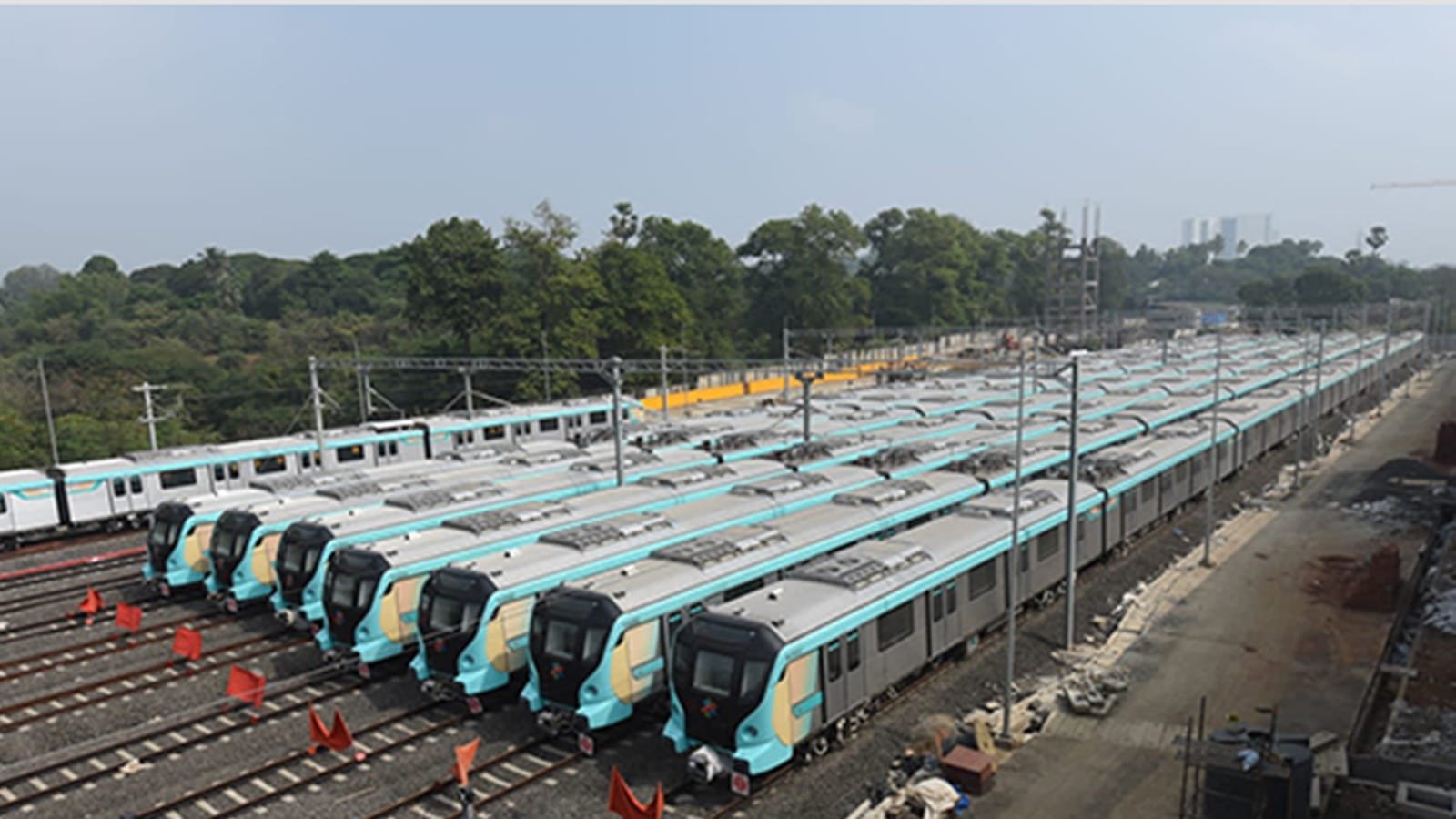Mumbai’s much-anticipated Metro Line 3, colloquially known as the Aqua Line, has initiated its integrated trial phase, marking a significant milestone in the city’s urban transportation landscape.
The underground stretch spanning from Colaba to Bandra Kurla Complex (BKC) to SEEPZ Phase 1 is currently under scrutiny, with meticulous attention to various critical systems. The Mumbai Metro Rail Corporation Ltd (MMRCL), the esteemed authority spearheading the 33.5 km long project, announced the commencement of integrated trial runs. This phase primarily focuses on validating crucial components such as rolling stock (coach), signal telecommunications, tracks, and traction systems. The testing ambit encompasses the pivotal stretch between BKC and Aarey, meticulously assessing operational readiness. Despite initial projections indicating a mid-February kick-off, logistical hurdles including incomplete shunting neck work at Aarey depot and the electrification of overhead traction wires resulted in a delay. This delay, as reported earlier by The Indian Express, has the potential to impact the anticipated Phase 1 deadline slated for the conclusion of May.
The Aarey car shed depot, acting as a nerve centre, accommodates 14 trains equipped with eight coaches each, pivotal for the forthcoming integrated trial run. These tests serve as a litmus test for communication efficacy among systems, ensuring seamless operations upon the line’s eventual opening for passenger services. Metro Line 3 emerges as Mumbai’s inaugural 33.5 km subterranean transit network, promising respite to commuters navigating through the city’s congested thoroughfares. According to MMRC projections, commercial operations will be rolled out in three progressive phases, with Phase 1 anticipated to commence by September this year. As the integrated trial phase unfolds, stakeholders eagerly anticipate the fruition of this transformative urban infrastructure, poised to redefine Mumbai’s commuting paradigm.


